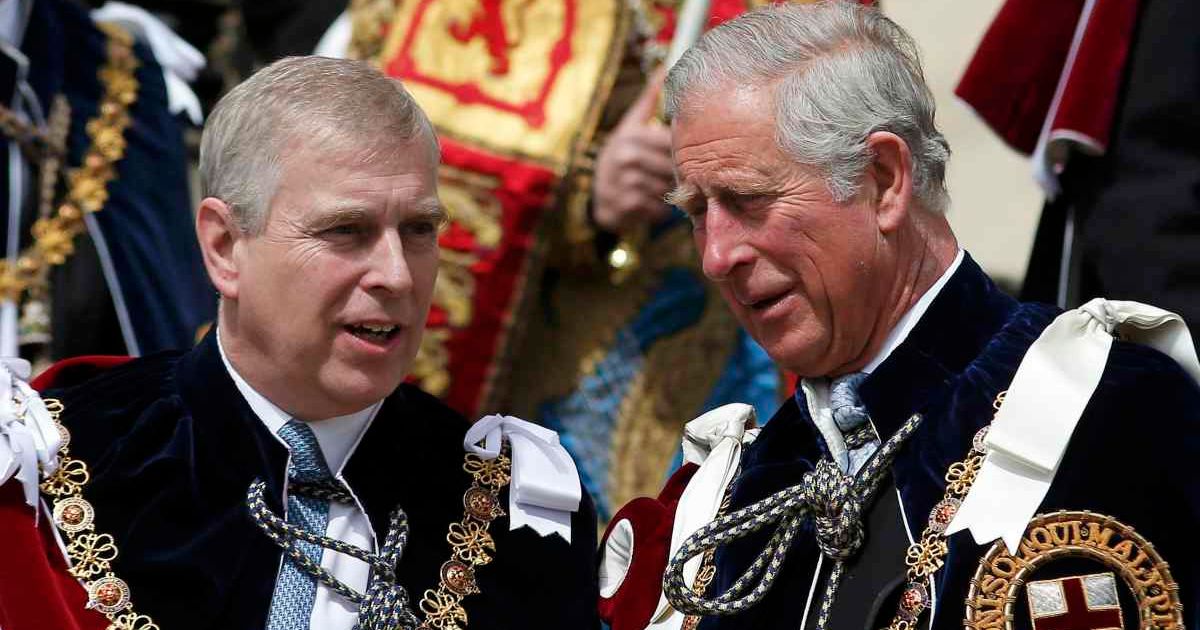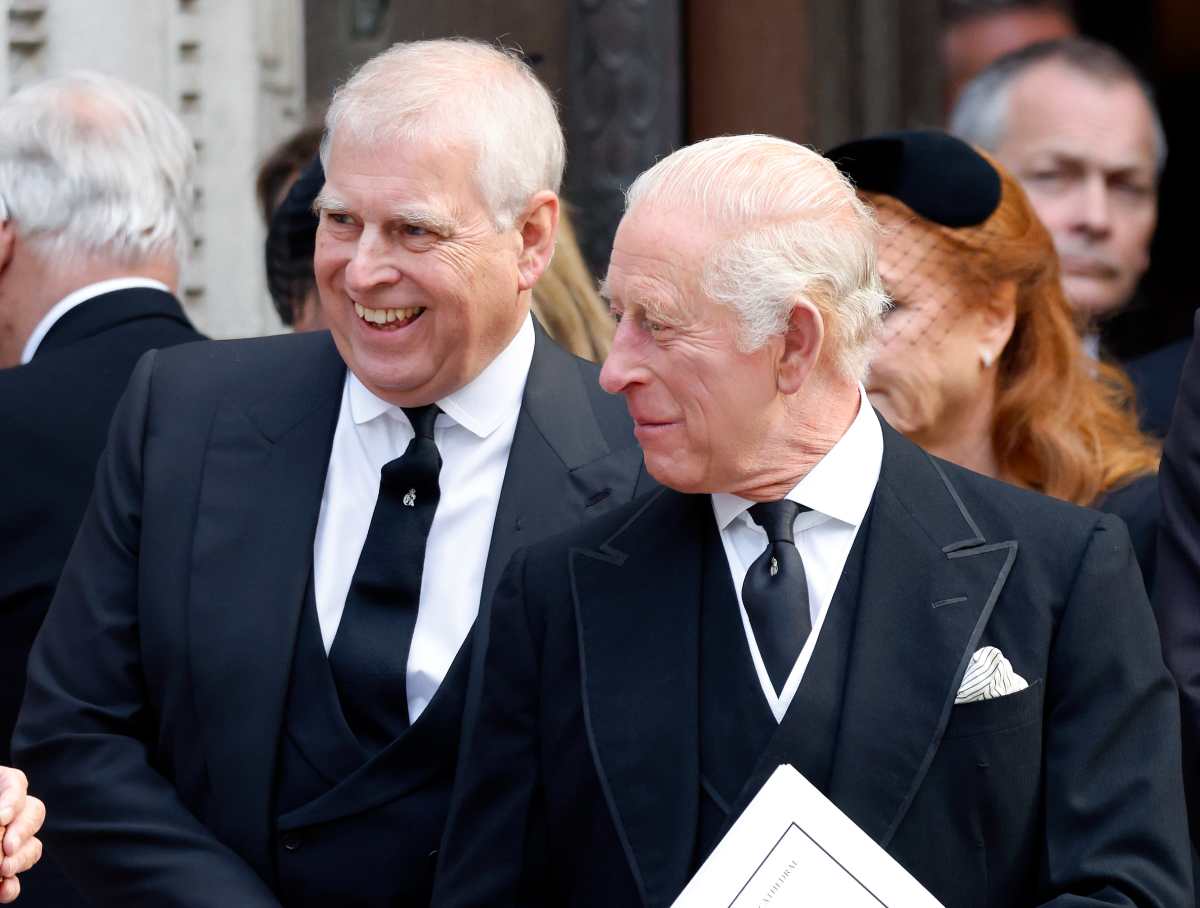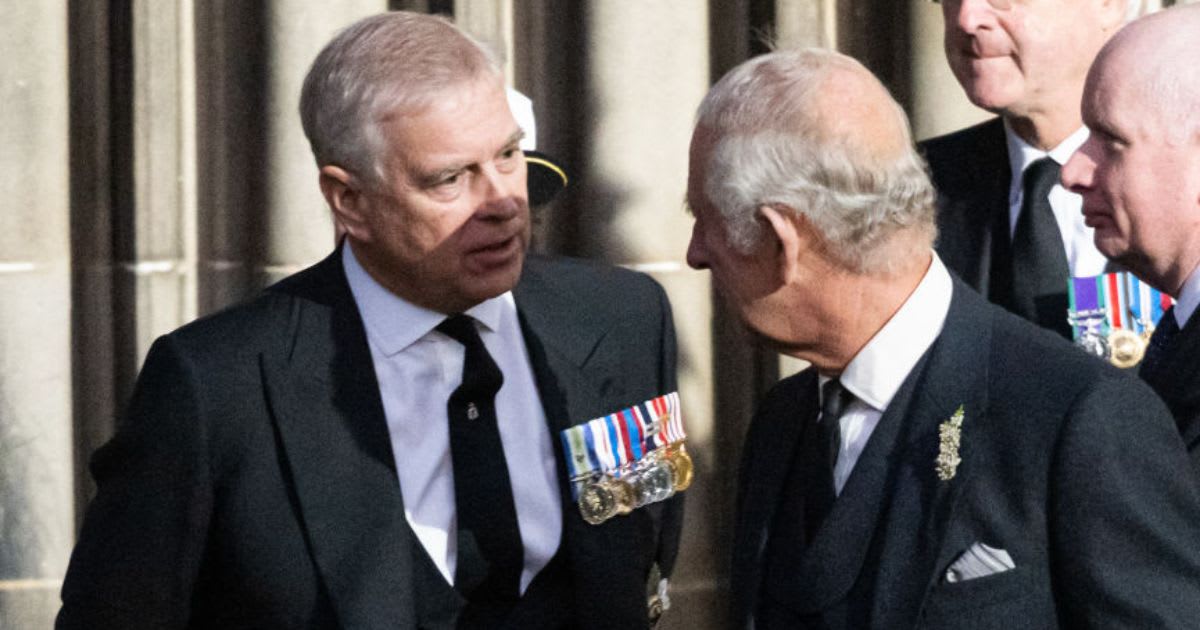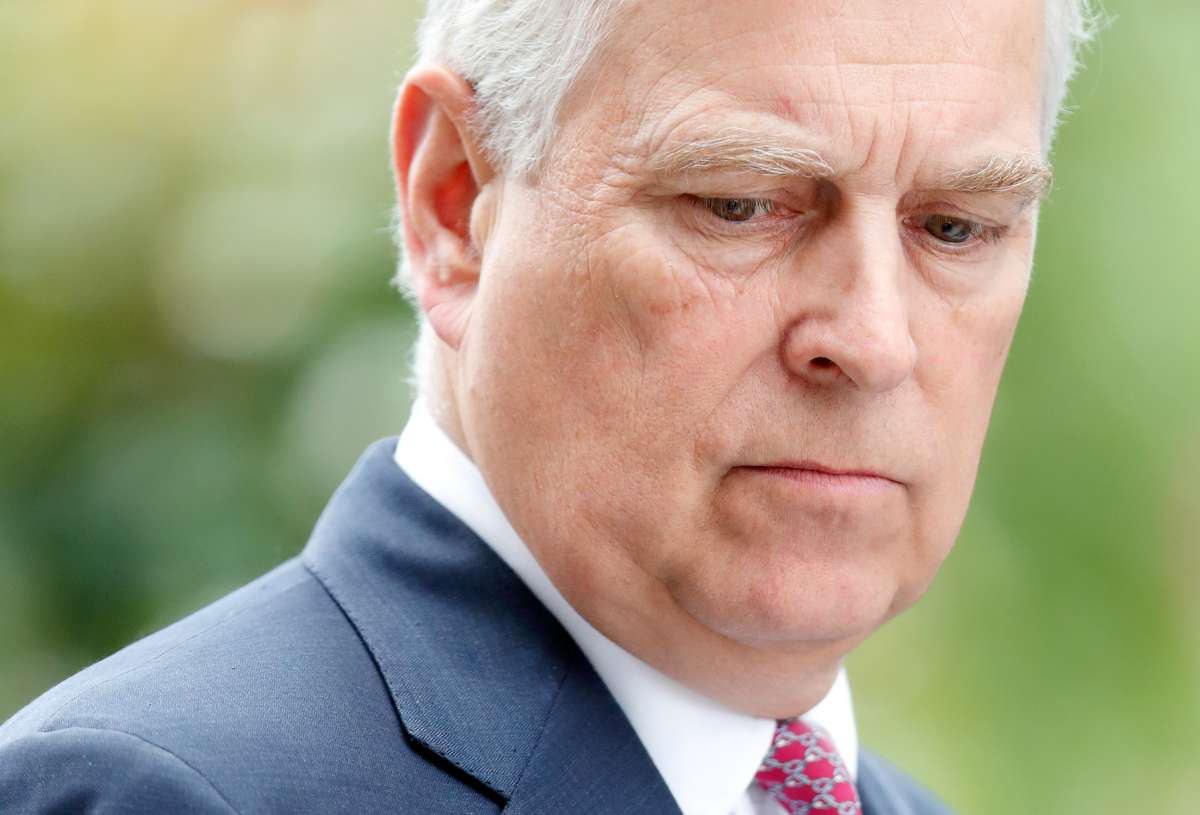Why Andrew’s Statement Was a 'Missed Opportunity' For Charles — and Sparked a 'Bigger Crisis'

Prince Andrew finally conceded to mounting pressure and announced on Friday via a meticulously drafted statement that he would relinquish his titles to have the focus be on the monarchy's good work. Behind the polished phrasing was unmistakably an exercise in damage control within Buckingham Palace. The official confirmation that Andrew would no longer use his Duke of York title might have served as a defining moment for King Charles to demonstrate firm leadership. Yet, to many observers, it felt more like a 'missed opportunity' for the King.

In a recent A Right Royal podcast special, HELLO! editor Emily Nash and co-host Andrea Caamano spoke with acclaimed royal biographer Andrew Lownie, who also authored the biography of the Yorks, Entitled. Commenting on the Andrew issue, Lownie argued that the Palace’s handling of the Duke’s retreat was, in his words, a ‘lost opportunity.’ “The statement should have come from King Charles himself — that he’d taken decisive action,” he stressed. “He should have actually taken the credit for this. We had this statement from Andrew, he decided to stand down five years ago, when, of course, it had been forced upon him… just absolutely ridiculous stuff that no one really believed.”
The author went on to suggest that “they turned what could actually have been a good way of dealing with the problem into a bigger crisis than it had been before.” His point was about the delicate line the Palace continues to walk between preserving royal dignity and exercising firm leadership in turbulent times.

Even though the statement didn't come from Charles, it was a moment of unmistakable reckoning for him. After months of private tension and speculation, the monarch reportedly finally set sentiment aside. Determined not to allow the Epstein shadow to linger over the monarchy any longer, the King reportedly made it clear to his brother that he would have to relinquish the Duke of York title, either voluntarily or by royal decree.
When the Duke blinked first, just as the week was drawing to a close, the move felt as inevitable as it was dramatic. At 65, Andrew released a statement that sought dignity in the face of consequence. The language was carefully measured. “In discussion with the King, and my immediate and wider family, we have concluded the continued accusations about me distract from the work of His Majesty and the royal family,” he said. “I have decided, as I always have, to put my duty to my family and country first.”

He added, “With His Majesty’s agreement, we feel I must now go a step further. I will therefore no longer use my title or the honors which have been conferred upon me. As I have said previously, I vigorously deny the accusations against me.”
According to Palace insiders, tensions reportedly ran high between the royal brothers in the days preceding the statement. As the Daily Mail revealed, the King made his stance unmistakably clear — if Andrew refused to relinquish his dukedom voluntarily, the matter could be taken to Parliament, where it would be formally revoked. Charles was said to have hoped to avoid such a constitutional spectacle, but even his well‑practised patience, honed over years of careful diplomacy, had finally run its course.
